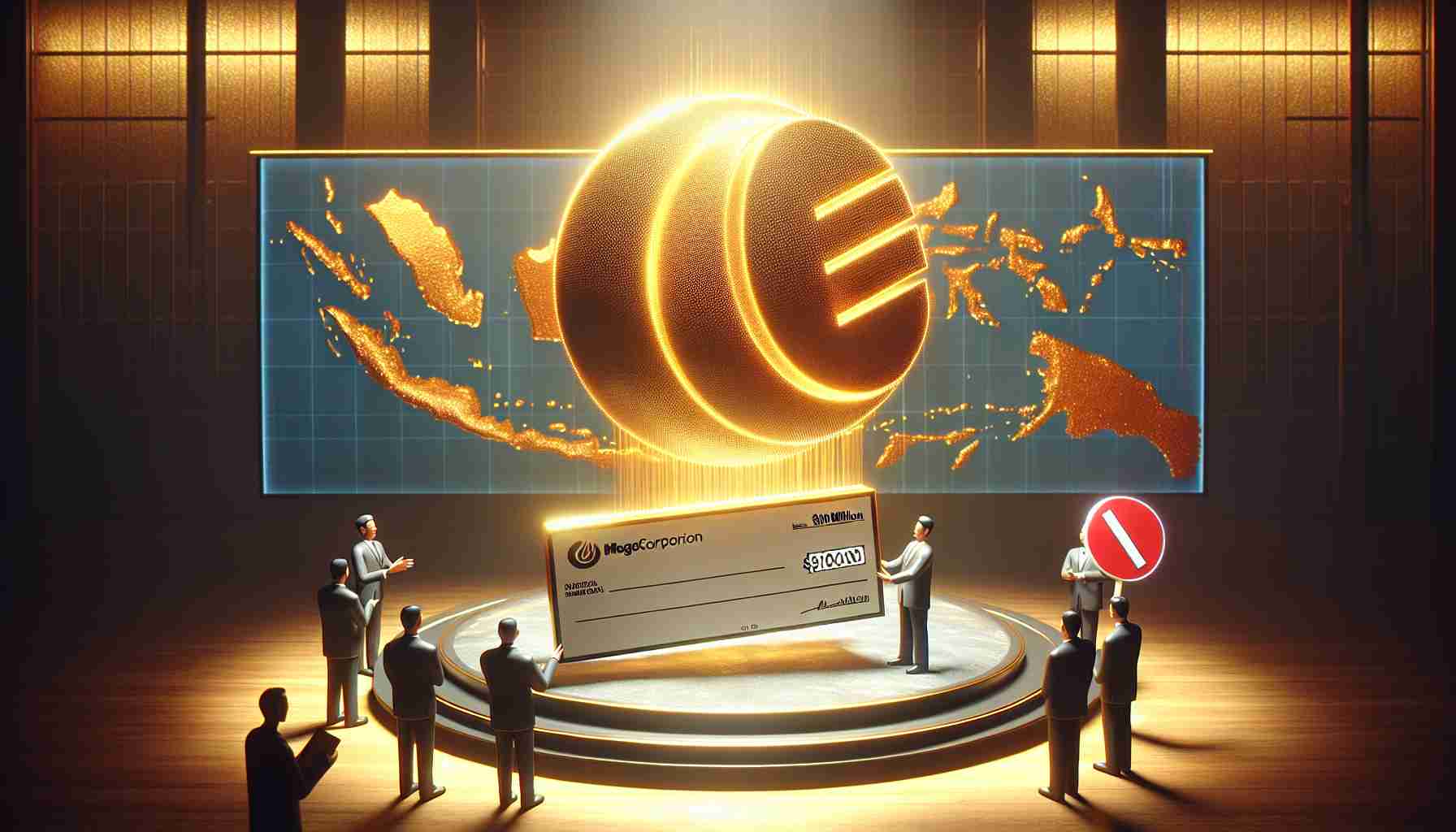In an ambitious bid to resolve a ban on its latest products, Apple has proposed a substantial $100 million investment in Indonesia. According to insights from The Wall Street Journal, Apple aims to overturn the iPhone 16 sales ban by establishing a new manufacturing facility in the country.
Indonesia, with its massive consumer base of 280 million potential customers, remains a crucial market for the tech giant. Earlier attempts to reverse the ban included a $10 million offer, highlighting Apple’s clear commitment to regain foothold in this strategic region. However, the latest proposal reflects Apple’s increased determination, as it significantly surpasses the previous bid.
The root of this challenge lies in Indonesia’s regulatory requirement, which mandates a minimum of 40 percent “domestic content” in electronic devices. This condition can be satisfied through the use of locally-sourced materials, constructing manufacturing facilities, or employing local workforce. Apple’s prior investments in Indonesia amounted to approximately $94 million, yet they fell short by about $15 million of meeting the imposed threshold, subsequently leading to the ban.
Interestingly, the ban not only extends to the iPhone 16 but also to other newly released Apple products, such as the Apple Watch Series 10. Nevertheless, older versions of Apple gadgets remain available for Indonesian consumers.
While Apple has previously contributed to Indonesia through developer academies, the proposed manufacturing plant represents a substantial stride forward. With competitors like Samsung and Xiaomi already anchoring manufacturing operations within the country, this move could level the playing field.
Apple’s $100 Million Investment in Indonesia: What’s at Stake?
Understanding the Ripple Effect of Apple’s Investment Bid
Apple’s much-publicized proposal to invest $100 million in Indonesia is set to impact a wide array of stakeholders in significant ways beyond the immediate goal of lifting the sales ban on its products. The repercussions of this corporate decision have the potential to dramatically alter local markets, communities, and the tech industry’s landscape at large.
Impact on Local Economies and Communities
The establishment of an Apple manufacturing facility in Indonesia could notably boost the local economy. A myriad of potential benefits arises, including job creation, skill development, and enhanced technological capabilities. This could translate into thousands of jobs, not just in the manufacturing sector but also in ancillary sectors such as logistics, services, and supply chain management. For local communities, this influx of high-skilled jobs can potentially transform the economic outlook, offering better pay and improved living standards.
Potential Benefits and Drawbacks
There are significant upsides to Apple’s investment in Indonesia. Aside from job creation, there’s the advantage of technology transfer, where local workers gain expertise and exposure to sophisticated manufacturing processes. Enhancing technological skills among the workforce can help Indonesia elevate its position in the global value chain, potentially attracting further investment from other tech giants.
However, there are challenges and concerns. Environmental ramifications of a massive manufacturing operation could prove contentious, requiring stringent regulation and environmental management from both Apple and Indonesian authorities. Moreover, there’s the risk of economic dependency, where local policies may disproportionately favor Apple’s business interests over others.
Competing Interests and Market Dynamics
While Apple seeks to deepen its roots in Indonesia, competitors like Samsung and Xiaomi are already well-established in the region, leveraging local manufacturing capabilities to maintain their strong market positions. Apple’s entry could tilt the competitive dynamics, potentially driving innovation and price adjustments beneficial to consumers.
Yet, questions remain about how this will affect smaller, local tech companies. Can they thrive or even survive in an environment dominated by global powerhouses? Policymakers will need to address how to maintain a balanced ecosystem where both local and international entities can prosper.
What Does This Mean for Consumers?
For consumers, the lifting of the ban on new Apple products would increase options, fostering a more competitive tech market. The question remains how this might influence pricing strategies. Will consumers see lower prices due to reduced importation costs, or will Apple’s premium pricing model hold steady?
Addressing the Controversies
The central controversy revolves around the compliance with “domestic content” regulations. Apple’s past attempts to satisfy this requirement make one wonder whether the tech giant’s business model, which heavily relies on proprietary parts, can truly adapt to regional expectations.
Critics might question whether Apple’s focus on meeting domestic content thresholds is genuine, or if it’s a strategic move to bypass local competition laws. Will decisions be driven by the bottom line over genuine local engagement?
Further Insight into Global Strategy
One might also scrutinize Apple’s broader global strategy. As the tech giant faces bans and regulatory hurdles in various regions, will this serve as a precedent for how they handle similar challenges elsewhere? Efficient handling of such issues may lead to further regional investments, altering Apple’s global manufacturing map.
These developments invite further discussion and analysis from both consumers and industry experts alike. For those interested in keeping up with technology and business trends, the evolving scenario in Indonesia remains a topic of significant interest.
For more insights into technology, business, and regulatory impacts, visit Wall Street Journal.





















